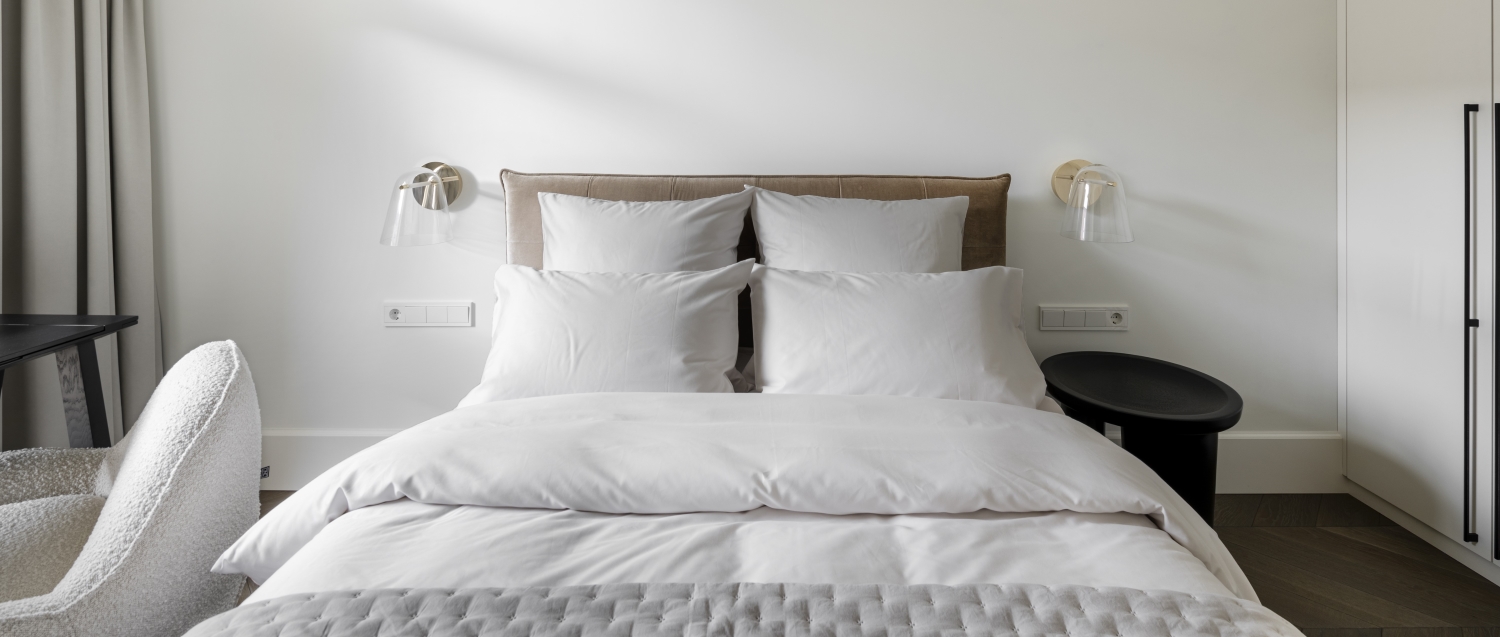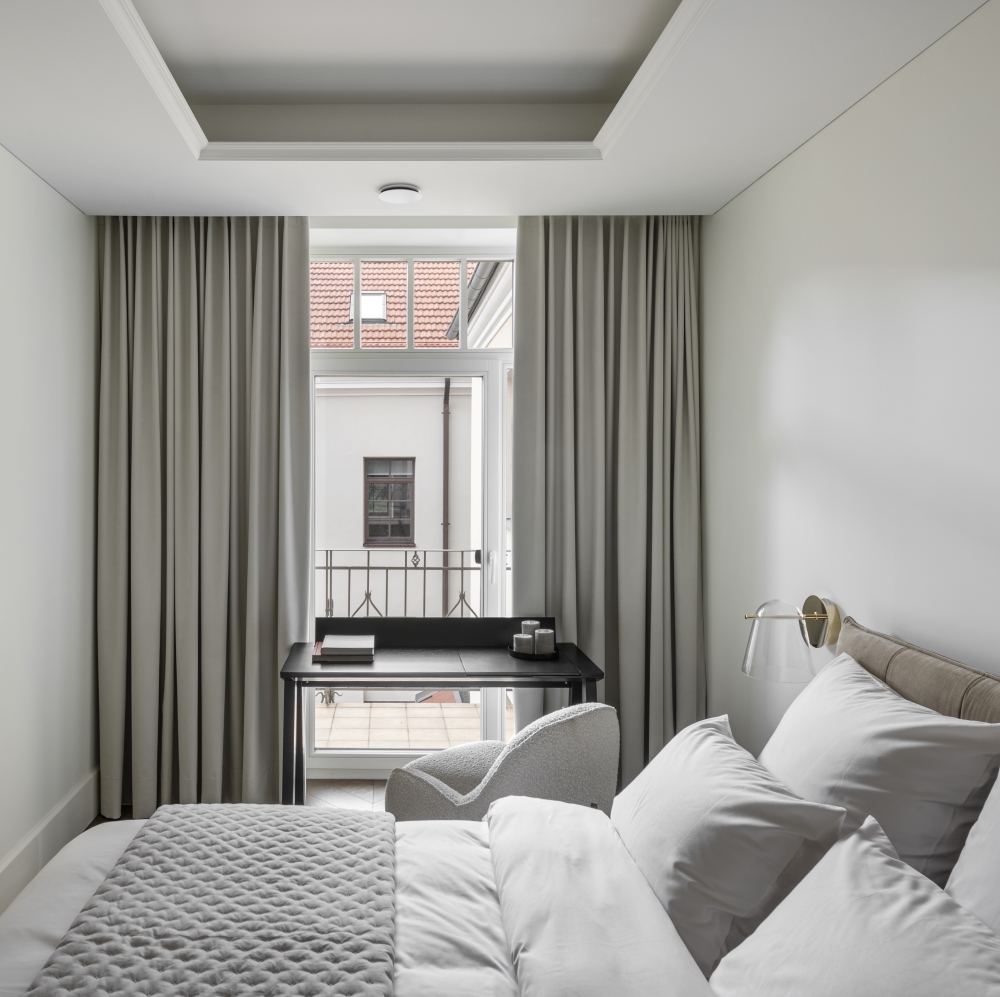
Natural daylight in the morning helps you sleep at night
All living organisms on Earth depend on light. Its intensity and spectrum of rays is also the starting point for the human circadian rhythm - the internal 24-hour body clock that determines our wakefulness and rest cycles. Therefore, the right amount of light and its intensity in the morning, during the day and in the evening determine the quality of our sleep.
In response to light, the human body releases hormones that regulate our wakefulness or sleep. Bright white light stimulates the release of cortisol (the wakefulness, "stress" hormone), which gives us the energy and alertness to get out of bed in the morning. However, the same light in the afternoon will already have a negative effect on the ability to fall asleep, because the increased concentration of cortisol leads to a lower release of melatonin (the sleep hormone).
In response to light, the human body releases hormones that regulate our wakefulness or sleep. Bright white light stimulates the release of cortisol (the wakefulness, "stress" hormone), which gives us the energy and alertness to get out of bed in the morning. However, the same light in the afternoon will already have a negative effect on the ability to fall asleep, because the increased concentration of cortisol leads to a lower release of melatonin (the sleep hormone).
Our body is most sensitive to light:
- in the first hour after waking up,
- two to three hours before bedtime and
- all night while we sleep.
Therefore, it is important to pay attention to the light around us during these hours.
Bright whitish natural light is most important in the morning. If we get it within the first hour of waking up, we will not only feel refreshed, be more productive during the day, but also be able to fall asleep faster at night. The bright morning light wakes us up, because the light receptors in the retina of the eyes send signals to the hormonal system: it's time to stop producing melatonin and start producing cortisol with a bang!
From that moment on, the body starts a countdown timer - after about 14 hours, the body will naturally start producing melatonin again, so that we start dozing, relaxing and falling asleep.
It is precisely because of this effect of bright light that it should be avoided in the evening, because it will have exactly the same effect as in the morning - the hormonal response of the body reacts to the information registered by the retina about the light. Light is in a way like caffeine - it has a sudden and noticeable effect regardless of what time of day it is consumed. Therefore, it is recommended not to use smartphones or tablets in the evening, as the blue light emitted by them is very close to the natural light with which the body is programmed to wake up.

How to use light for better sleep
About 15-30 minutes of it should be in the earlier part of the day. To avoid spending extra time "hunting" for the morning light, you can try to combine several activities, such as eating breakfast outside, exercising or simply walking to work.
Another good time to take a walk outside is around 1-3 PM when the amount of melatonin in the body increases again for a short time. Important: both in the morning and around noon, be outside without sunglasses so that the light will reach your eyes. Go outside even if it's a cloudy day - natural light will do the job just as well.
If you spend most of the day indoors, position yourself so that you are facing the window, do not keep blinds or curtains closed during the day, let your body follow the natural rhythm of daylight.
Set strict rules for the screens of smart devices in the evening and stick to them - a few hours before going to bed, switch the screens of the devices to a yellowish shade mode and try not to use them.
In order for light to become an assistant in your sleep routine, do not forget about consistency - a constant rhythm, an unchanging sleep and wake schedule helps the body to sleep better and enjoy the gifts of quality sleep: better health, stronger immunity, better mood and energy!
In order for light to become an assistant in your sleep routine, do not forget about consistency - a constant rhythm, an unchanging sleep and wake schedule helps the body to sleep better and enjoy the gifts of quality sleep: better health, stronger immunity, better mood and energy!

